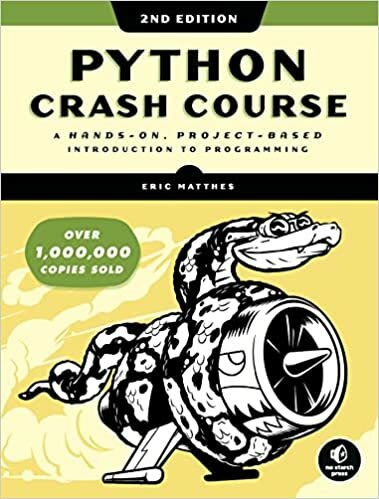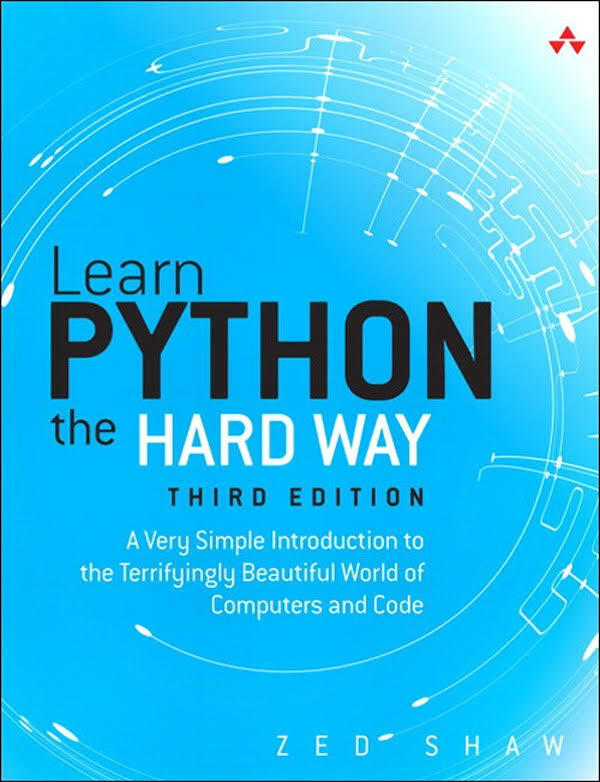You've decided to embark on your development adventure but aren't sure where to begin? Some of your programmer friends have referred you to courses on Udemy; others have gone on and on extolling their favourite YouTuber. These mediums work perfectly, but not enough appreciation is given to the good old-fashioned paperback.
Good books allow you to pace your learning; the authors usually have inventive ways of feeding you ideas and concepts. They are easy to refer to. To properly ground yourself in a language, it is best to use a combination of books, videos, courses, and projects. Nonetheless, I recommend beginning your programming journey with a few pages.
That being said, these are the top 3 books for every aspiring python developer.
Python Crash Course: A Hands-On, Project-Based Introduction to Programming
The Python Crash Course teaches Python in a hands-on manner. There are coding tasks in each chapter, with each task illustrating how the teaching subject might be used in real-world settings. The book is divided into two parts. The first half lays a good foundation for the second half by teaching you all the necessary Python basics, syntax, and even best practices. And the second half is where you get to build three projects: a game, a web application, and data visualization in the third project.
Starting Out with Python
Tony Gaddis's book takes a more theoretical approach than the Python Crash Course. Although it has the same amount of code problems, the author additionally takes the time to teach you ideas from a more technical standpoint. This is an excellent option if you're a computer science student or just curious about what's going on under the hood.
Learn Python the Hard Way: A Very Simple Introduction to the Terrifyingly Beautiful World of Computers and Code
As the title suggests, this book takes an intriguing approach to learning. The book lives up to the title by not employing modern programming tools like text editors and code formatters. Instead, it pushes you to practice in a more strict environment. The book is always a great pick for anyone with the patience and courage to give it a shot. One thing is certain: you would be significantly more grounded in the language fundamentals than most rookies.
Whatever book you choose to read or the learning method you use, keep in mind that learning is an iterative process. Several experienced developers return to learning resources to broaden their knowledge base and remind themselves of various concepts. Learning is continuous and part of the process. All that is required is faithfulness and diligence; these qualities enable anyone to excel in anything.
If you've read any of these books before, please tell me about your experience in the discussion section.






Top comments (1)
Thank you so much! I'll definitely be trying these out.